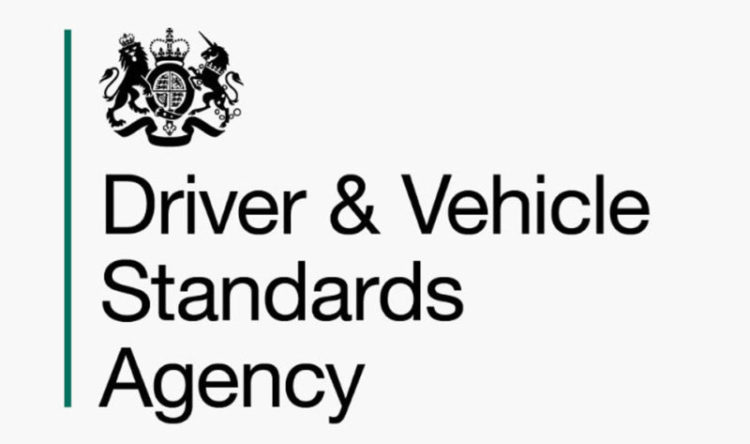UK drivers face a 230% increase in parking fees as councils expect to collect £1 billion
You could be left out of pocket as local councils prepare to collect a record £1 billion in parking fees over the next year
![]()
Analysis suggests UK drivers may have to endure increases of up to 230% from April, with many councils raising costs for town centre car parks and scrapping free parking areas.
Some areas may put an end to free or reduced Sunday parking prices, as councils look to capitalise on weekend shopping.
The analysis, by the RAC Foundation, found some councils are planning significant price hikes due to budget cuts from Central Government, and the need to tackle congestion and pollution.
Nottingham, Cambridge and Brighton were named among those councils planning price rises, while Reading hopes to raise an additional £1 million in the next year from car parking alone.
It’s estimated that councils expect to collect £885 million from parking fees this financial year, with that figure set to rise to £1 billion in 2019/2020.
But Steve Gooding, RAC Foundation spokesman, questions if the rises will actually help town centres improve footfall and enable high streets to thrive, or are simply moneymaking exercises.
He said: “With sums this large in play, the question must be whether they are actually helping […], or whether it feels more like motorists being targeted to help increasingly cash-strapped councils balance their books.”
Councillor Martin Tett, the transport spokesman for the Local Government Association (LGA), reassured the public that local councils are on the side of motorists and shoppers.
He said: “They have to strike a balance when setting parking policy, both on street and off street, to make sure that there are spaces available for residents, high streets are kept vibrant and traffic is kept moving.
“Any income raised through on-street parking charges is spent on running parking services and any surplus is only spent on essential transport projects, such as tackling our national £9billion roads repair backlog and other transport projects that benefit high streets and local economies.”
For the original article, please visit the RAC here.






